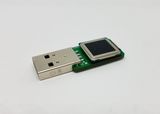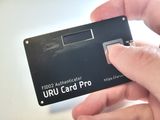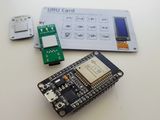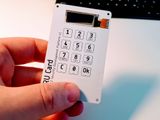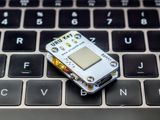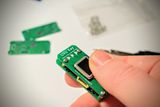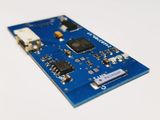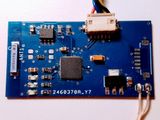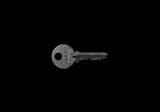FIDO2 Authenticator - USB Dongle
After a long break, I’m back working on my FIDO2 authenticator! With BLE dropped from Chrome, I’ve shifted gears to USB—and that meant switching from ESP32 to STM32 (and soon RP2040). The latest prototype features a fingerprint scanner, secure element, and a fresh USB PCB. Still lots to build, but it’s moving again!
